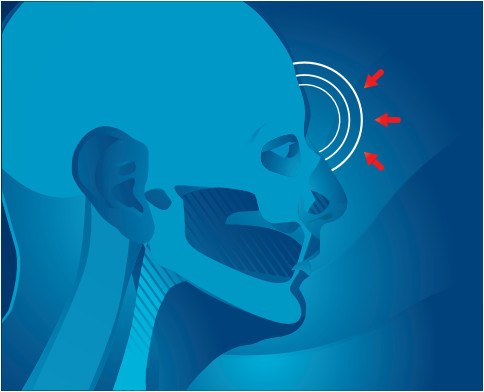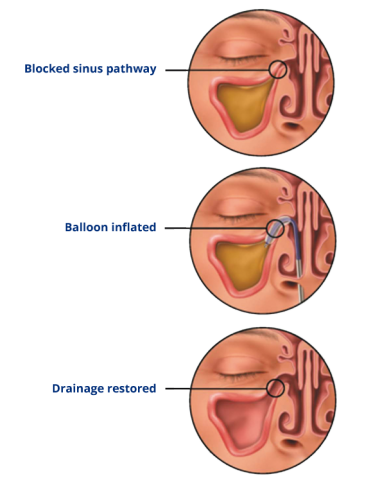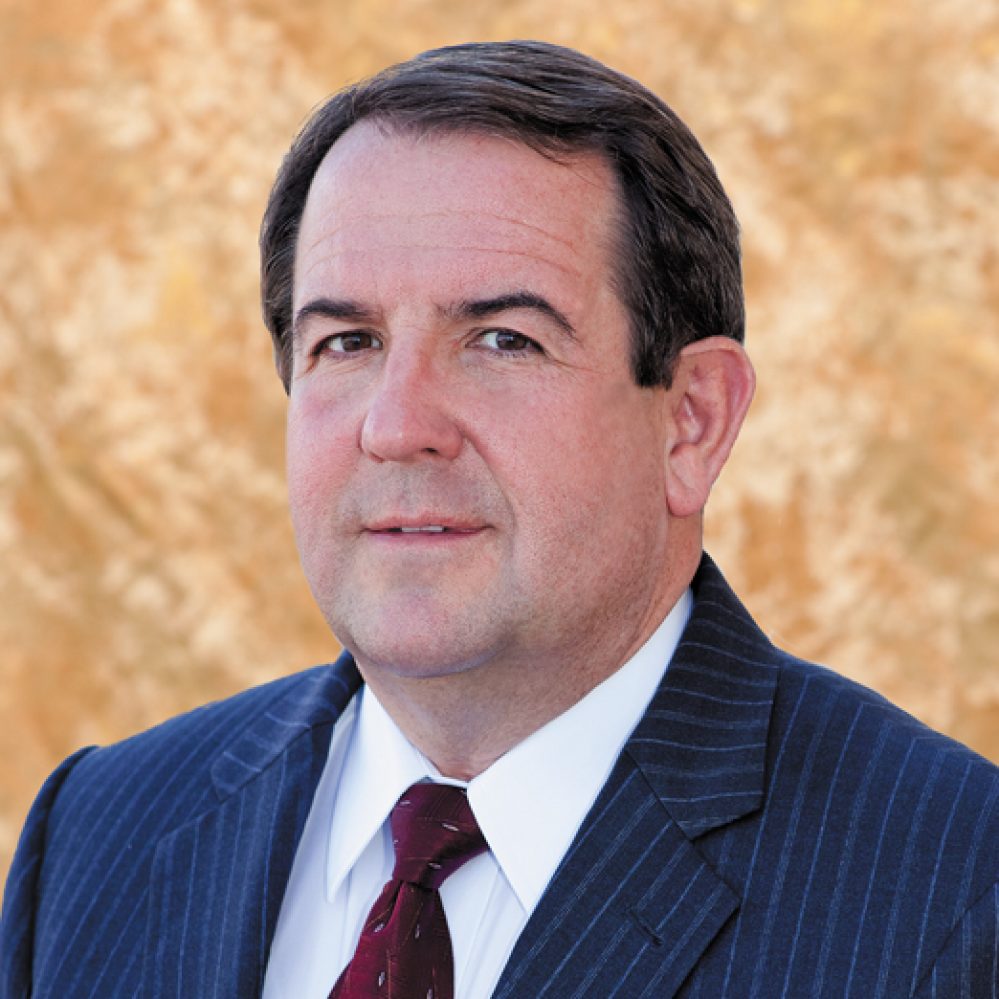Sinusitis
inusitis . . . oh what a pain it can be. Most people have experienced some mild sinusitis at least once in their life, called acute sinusitis. You feel pressure above your eyes and below your eyes. Sometimes it is the whole head and it feels like your head is going to explode.

What is happening is your sinuses are these cavities above, below and between your eyes. They make about a quart and a half of mucous every day. This mucous is normally thin and is supposed to work it’s way out of the sinuses and we are not supposed to notice it. However, if the nose is stuffed because of allergies or a deviated sep-tum, and if the mucous thickens up this can prevent this mucous from exiting the sinus. We then feel pressure.
Add to all of this a change in the barometric pressure like when it is going to rain and we get that sinus head-ache. We can keep this mucous moving by taking over the counter medications that help move the mucous out. Medications such as Sudafed (you need to ask the pharmacist for some and only of you don’t have blood pres-sure problems). Or high dose Mucinex (adults should take 1200 mg twice a day). These other things also help: using Hall’s lozenges, eating spicy foods, taking ibuprofen (not Tylenol) and probably the most effect way is to boil some water take it way off the stove and put a tablespoon of Vick’s Vaporub in the water , cover your head with a towel and breath in the steam. 5 10 minutes should do it.
At times antibiotics are needed.
Then there are those people who despite these measures and several rounds of antibiotics still get sinus infections. This is now called chronic sinusitis. These folks usually state that these measures and the antibiotics make things better for a short while but infections keep coming back. At this point, other things may need to be done. Surgery may be an option for many people. A visit to Dr. Ventura’s office will help you find out if surgery is an option. Depending on what the history indicates  and what the physical exam shows, a CT scan may need to be done. Once everything is looked at then the decision can be made to have surgery or
and what the physical exam shows, a CT scan may need to be done. Once everything is looked at then the decision can be made to have surgery or
not. Sinus surgery has dramatically changed in the past several years. One of the new technologies is to be able to use balloons to dilate open the sinus openings (see the illustration). This procedure is less invasive and in many cases can now be done in the office. Whether or not it is done in the office is dependant upon the amount of blockage is caused by the septum and certain insurances still require sinus procedures be done in the hospital.Despite surgery at times allergies may be a factor and may need to be addressed.
Allergies are treated in three different ways:
First there is avoidance. That is easy if you know you react to a cat . . . stay away from the cat.
 You really cannot avoid pollens but by showering right before bed and changing the pillow cases often this will help.
You really cannot avoid pollens but by showering right before bed and changing the pillow cases often this will help.
Second is medications for allergies. This includes medicated nasal sprays (the most effective and least side effect prone of the medications). Antihistamines and decongestants can also be used in addition to the nasal sprays. If symptoms still persist despite avoidance of allergens and use of medications then the patient should be tested for allergies because the decision has now been made to begin immunization shots.

Testing prior to having tried avoidance and medications is really a waist of time and money. The shots are the most effective treatment for allergies but requires commitment. The patient comes in for the build up shots once or twice a week until maintenance is reached (usually with in three months) and then continuing the shots on a weekly basis for up to 2 1/2 to 3 years. The weekly shots can be given at home by a family member. We also provide drops under the tongue instead of shots. These are given on a daily basis during the allergy season and are a good alternative to the shots.



